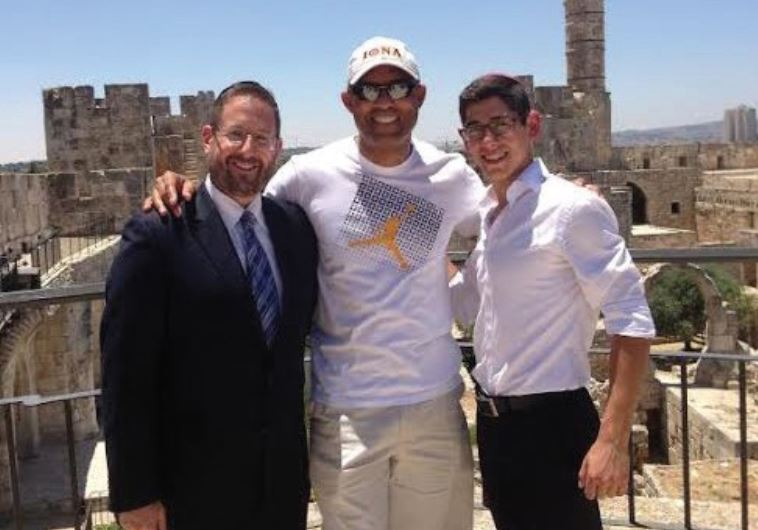Grapevine: A Yankee doodle dandy
Mariano Rivera, the Panamanian former New York Yankees baseball pitcher who played 19 seasons in Major League Baseball comes to Israel.
 FORMER YANKEES star Mariano Rivera flanked by Rabbi Dov Lipman and Shlomo Lipman in the capital.
FORMER YANKEES star Mariano Rivera flanked by Rabbi Dov Lipman and Shlomo Lipman in the capital.